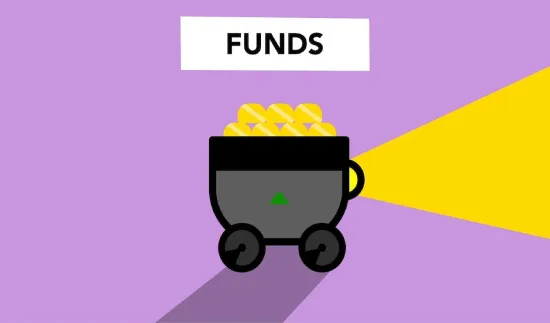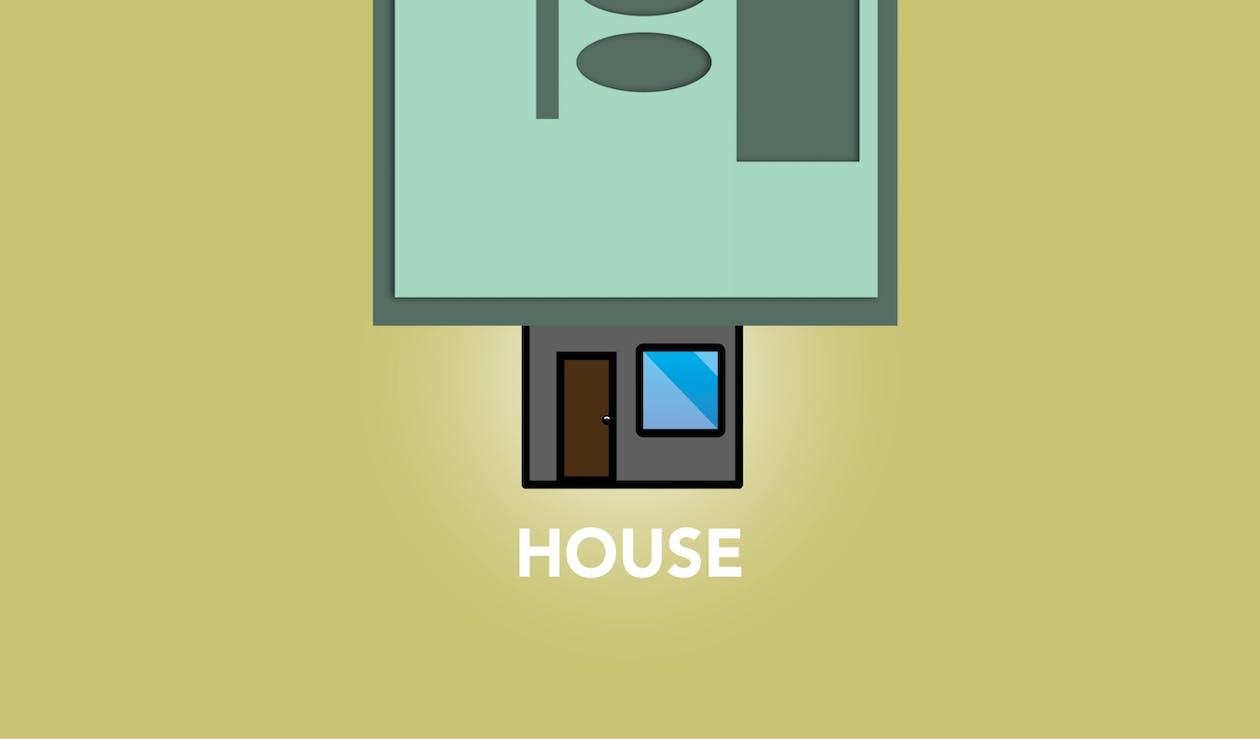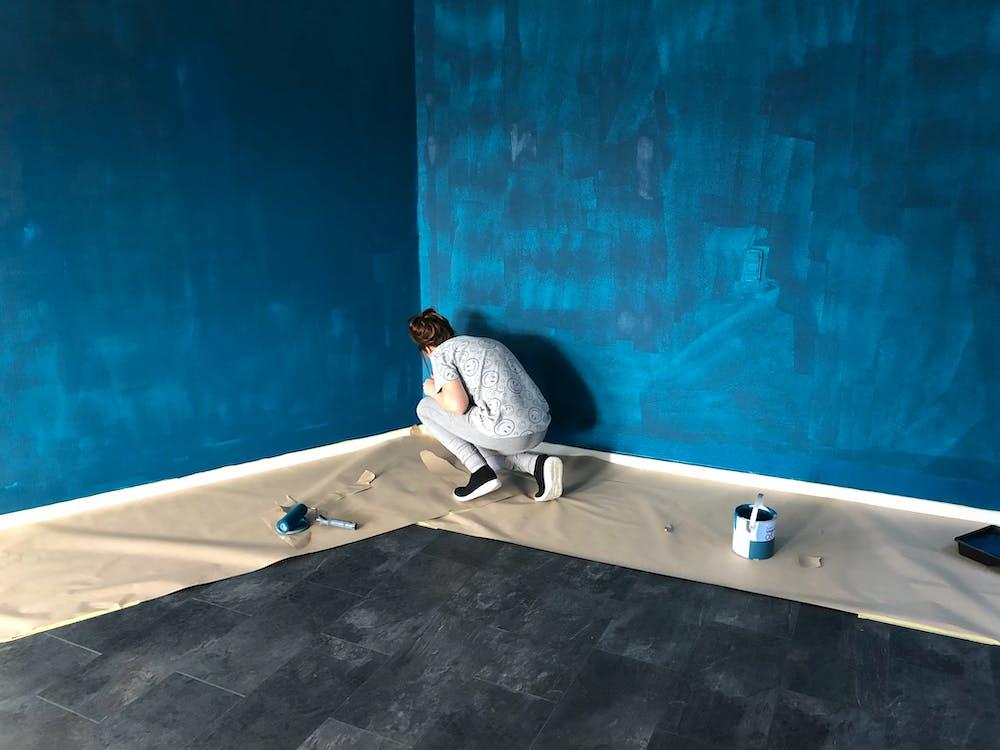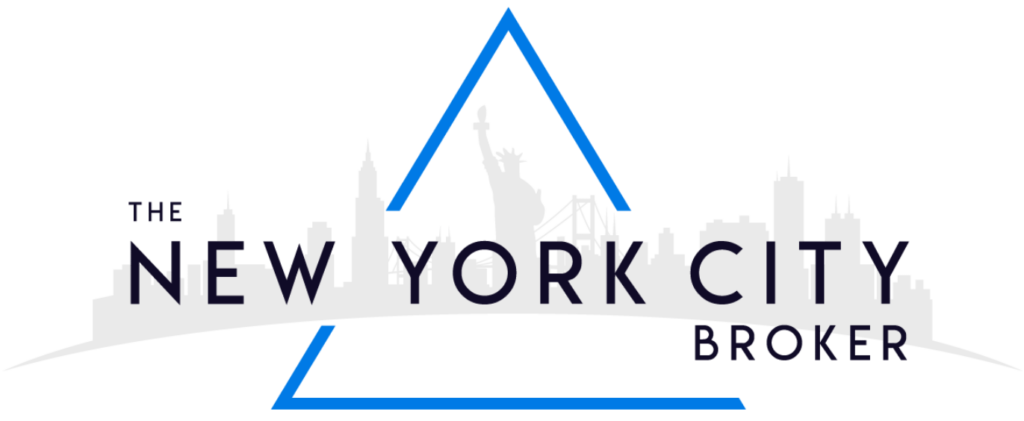Mortgage Recording Tax (MRT) is collected by NYC and New York State whenever a mortgage is taken out on a “real property.” For residential property buyers, real property includes condos and townhouses, not co-ops, because co-ops are classified as legal corporations and are not considered real property. The tax is paid by property buyers since they are responsible for the mortgage.
You need to pay MRT if you are:
- Buying a condo or townhouse with a mortgage
- You are refinancing your mortgage
You don’t need to pay MRT if you are:
- Buying a co-op apartment
- Buying a condo or townhouse with cash (without taking on a mortgage)
MRT is the main reason why buyers’ closing costs for condos are much higher than co-ops.
How Much Is Mortgage Recording Tax In NYC?
The effective Mortgage Recording Tax in NYC is:
- 1.8% for mortgages less than $500,000
- 1.925% for mortgages of $500,000 or more
It’s the effective tax rate that most buyers end up paying, and it’s made up of three different taxes: NYC tax (1% or 1.25% based on the mortgage amount), Basic tax (0.5%), and an additional tax (0.3%).
The actual mortgage recording tax also includes a 0.25% special additional tax which is paid by the mortgage lender. If we add that to the above numbers, the MRT rates above become 2.05% and 2.175%, respectively.
Note that the above tax rates apply to 1,2, and 3-family homes (townhouses) and individual condos only. Everything else has a different MRT rate.
How Is Mortgage Recording Tax Calculated?
It’s important to note that MRT is calculated based on the mortgage you manage to secure and not the actual price of the property you are buying, like most other taxes.
So, if you are buying a property that’s $600,000, but you are only getting a mortgage for 70% of the price and are paying the rest yourself, you will only need to pay the recording tax on the $420,000 mortgage you are taking out.
And since it’s less than $500,000, you will get the lower tax rate (1.8%), which will come to about $7,560, which is 1.26% of the property price and will likely make up most of the overall closing costs.
However, it’s best to use the ACRIS calculator provided by the NYC government.
Reducing Mortgage Recording Tax With CEMA
One way to reduce the mortgage recording tax you may need to pay is to work with your seller (if they have a lot of mortgages left on the property they are selling) to come up with a CEMA arrangement. In CEMA or Consolidation, Extension, and Modification Agreement, the seller’s lender will simply assign the remaining loan of the seller to you (the buyer) by coordinating with your mortgage lender.
This way, you will only need to pay the mortgage recording tax on the difference. So the higher the mortgage loan the buyer has that can be transferred to you, the smaller the new mortgage amount will be, and so will the MRT amount.















